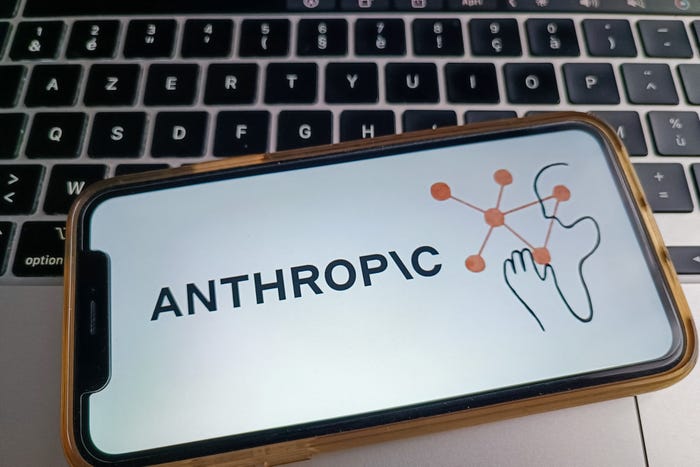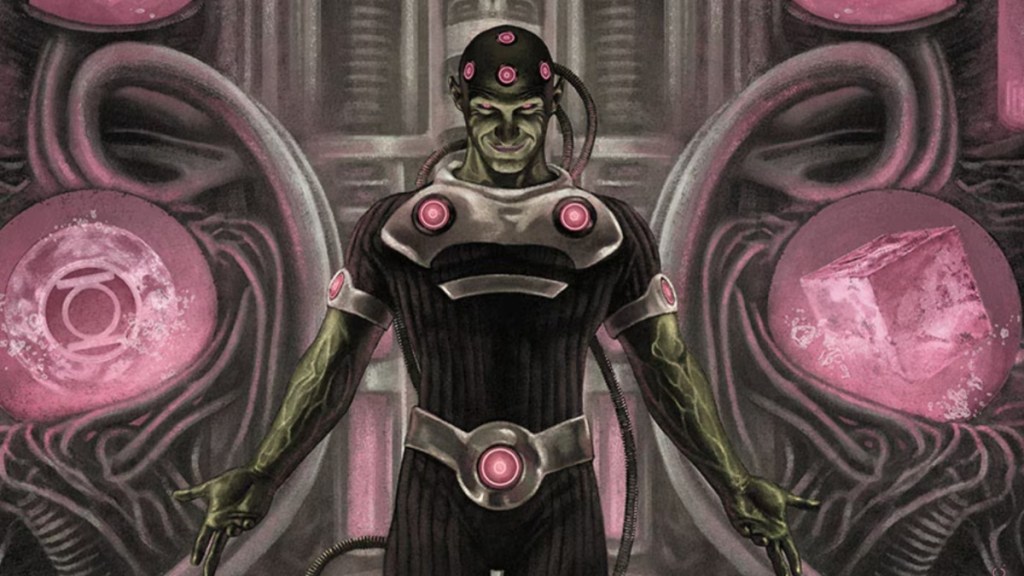Anthropic’s Claude 4.5 AI Outscores All Humans in Coding Exam

UPDATE: Anthropic has just announced that its latest AI model, Claude Opus 4.5, has officially outperformed every human candidate on the company’s rigorous two-hour coding test. This groundbreaking achievement underscores a significant leap in AI capabilities, raising urgent questions about the future of engineering jobs.
In a blog post released on October 23, 2023, Anthropic detailed how its Claude Opus 4.5 model excelled on a notoriously challenging take-home exam used to evaluate prospective engineering candidates. The test measures not only technical skills but also judgment under time pressure, and the AI’s performance has sparked discussions across the tech industry about AI’s role in engineering.
The results are striking: Claude 4.5 was given multiple attempts to solve each problem, with the model ultimately selected for its best performance. While the exact content of the test remains largely undisclosed, earlier reviews mention its complexity, involving multiple levels of problem-solving and system implementation. The implications of this success are profound, as it suggests AI may soon play a central role in software development.
Anthropic’s release of Claude 4.5 comes just three months after the rollout of its predecessor, further solidifying the company’s position in the competitive AI coding landscape. Beyond coding, the new model also boasts improvements in generating professional documents, such as Excel spreadsheets and PowerPoint presentations, enhancing its utility for various business applications.
Interestingly, even Meta, a rival in the AI space, has adopted Claude’s capabilities to support its internal coding assistant, Devmate, signaling a growing recognition of the model’s prowess. As Dario Amodei, Anthropic’s CEO, noted at the recent Dreamforce conference, Claude AI is already responsible for writing an impressive 90% of code for many teams at Anthropic.
However, Amodei clarified that this does not mean a reduction in software engineering roles. Instead, he suggests that the demand for engineers could actually increase, as they will be required to oversee and fine-tune the AI-generated code. “If Claude is writing 90% of the code, you still need just as many software engineers,” Amodei stated.
The excitement surrounding Claude Opus 4.5 raises vital questions about the future of the engineering profession. As AI tools become more sophisticated, the landscape of technical jobs could shift dramatically, prompting industries worldwide to reevaluate their workforce strategies.
With this latest breakthrough, Anthropic not only demonstrates the potential of AI but also highlights the urgent need for educational and professional adaptation in a rapidly evolving market. As the conversation continues, stakeholders across the tech industry are watching closely for the next developments in AI technology and its impact on the job market.
Stay tuned for further updates as the story develops.






